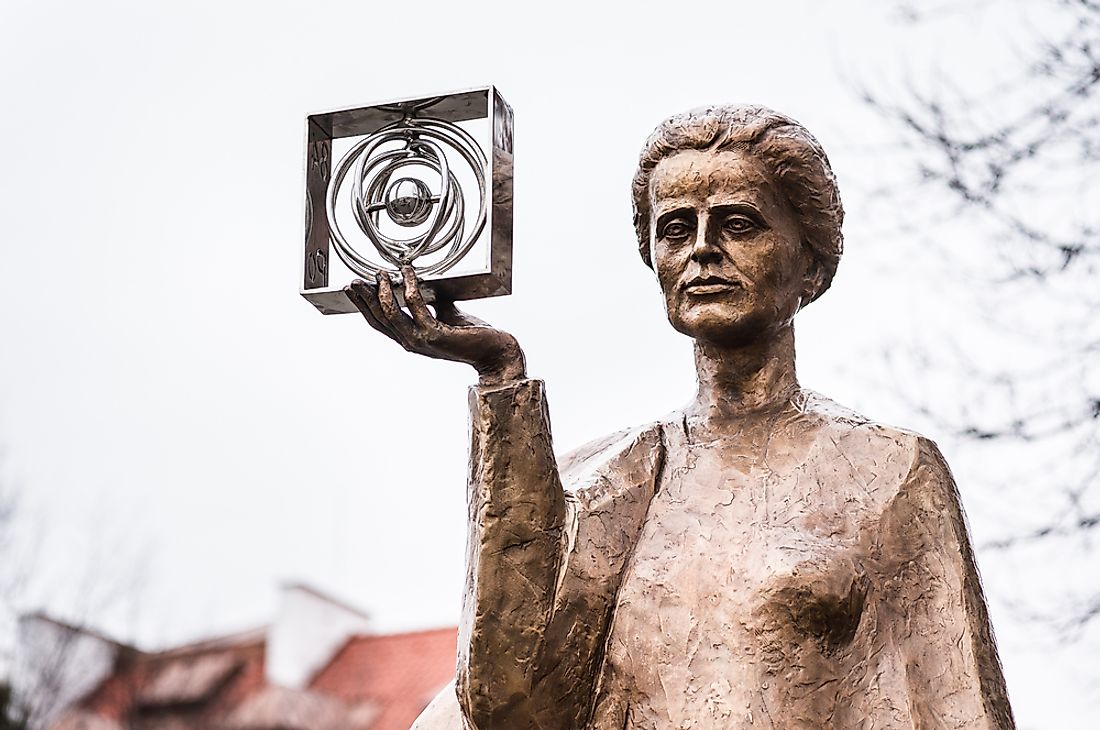
Introduction
Marie Curie was a Polish-born physicist and chemist who conducted pioneering research on radioactivity. She is the first woman in history to be awarded a Nobel Prize and the only person to have been awarded Nobel Prizes in two different fields of science. In this article, we will explore the life and accomplishments of Marie Curie, with a focus on her Nobel Prizes.
Early Life
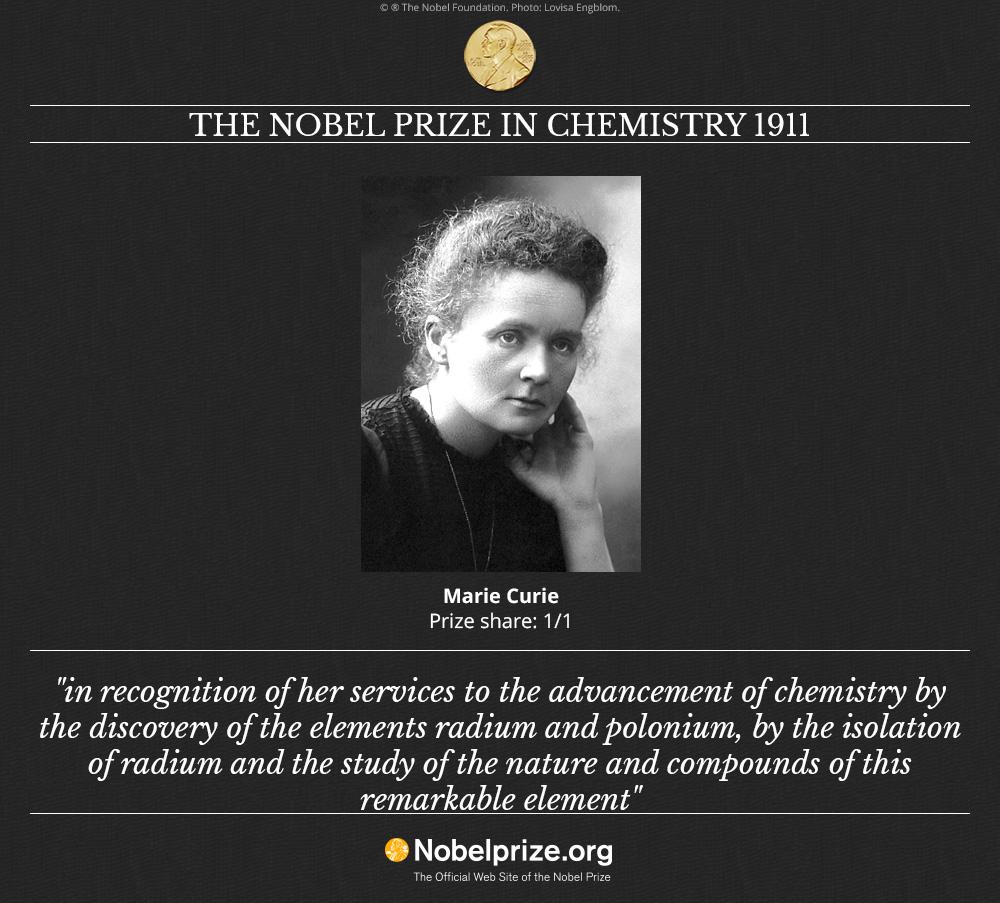
Marie Curie was born Maria Skłodowska on November 7, 1867, in Warsaw, Poland. Her parents were both teachers, and she was the youngest of five children. Marie showed an early aptitude for science and mathematics, but her education was limited by the fact that she was a woman and could not attend university in Poland. In 1891, at the age of 24, she moved to Paris to study at the Sorbonne.
Research on Radioactivity
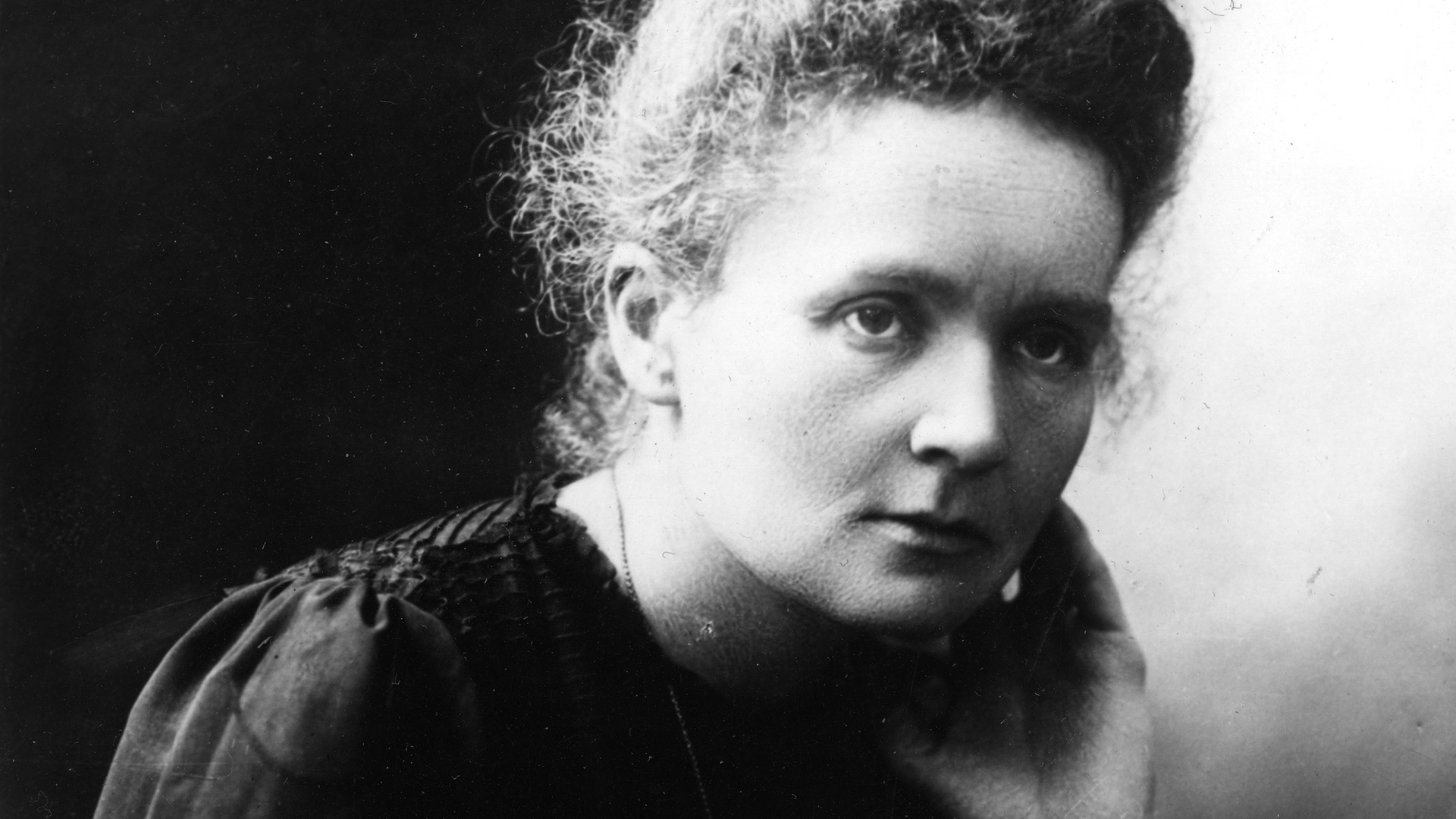
Marie Curie's most famous work was her research on radioactivity. In 1898, she and her husband, Pierre Curie, discovered two new elements, radium and polonium, which were highly radioactive. They coined the term "radioactivity" to describe the phenomenon of these elements emitting radiation. Marie Curie also developed techniques for isolating radioactive isotopes and measuring their activity.
First Nobel Prize
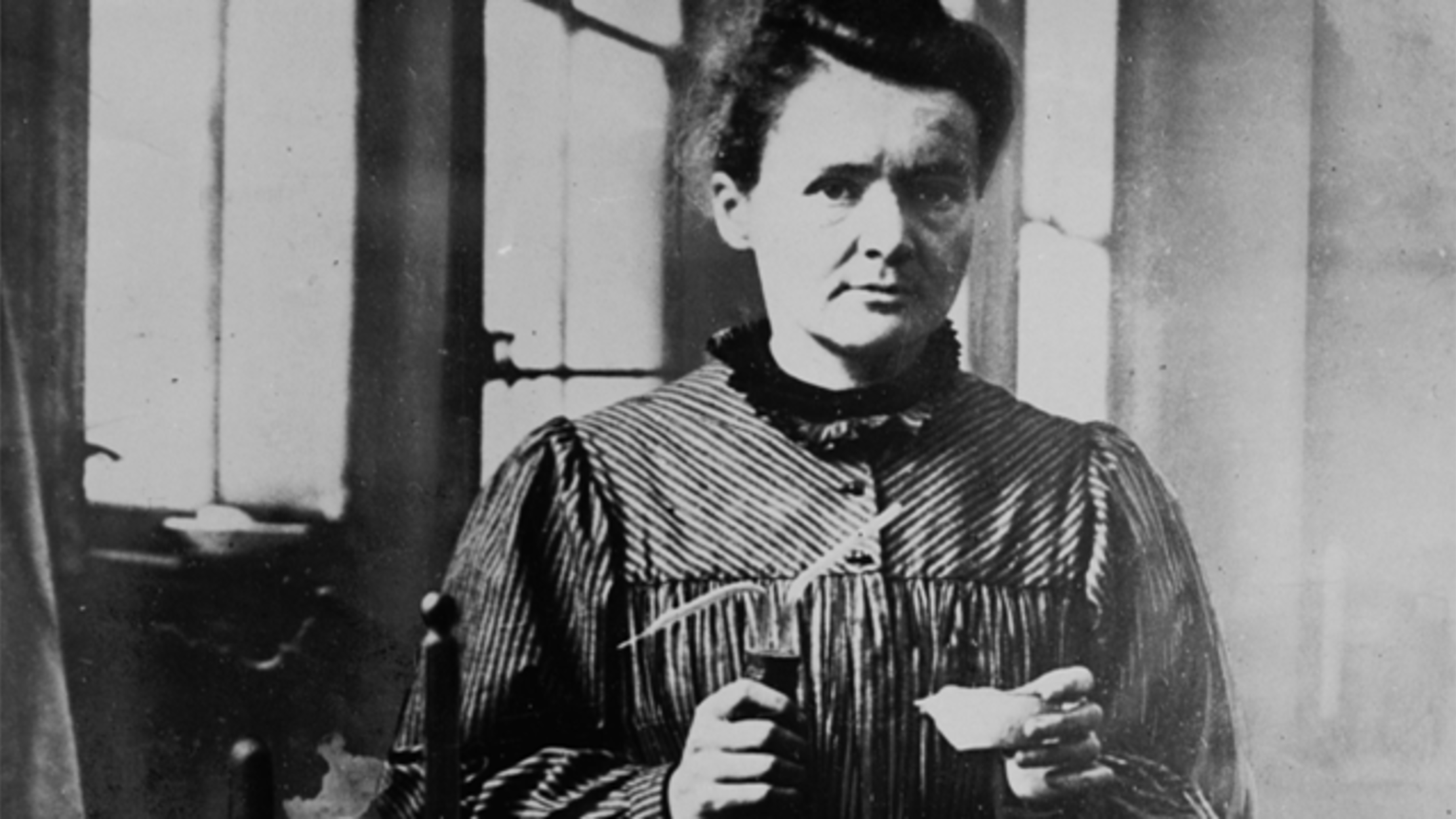
In 1903, Marie Curie and Pierre Curie were awarded the Nobel Prize in Physics for their work on radioactivity. Marie was the first woman in history to receive a Nobel Prize, and she was also the first person to receive the prize in two different fields of science (she would later receive the Nobel Prize in Chemistry in 1911).
Tragic Loss
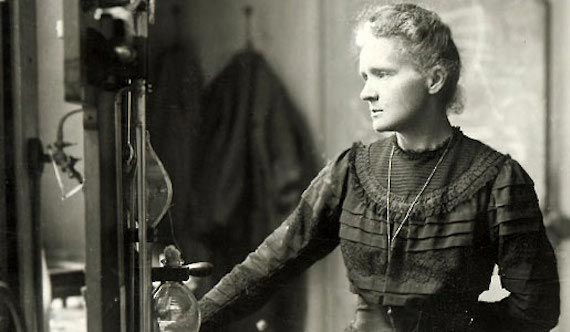
In 1906, tragedy struck when Pierre Curie was killed in a street accident. Marie Curie was devastated by the loss of her husband and collaborator, but she continued her research and teaching. She was appointed to Pierre's position as professor of physics at the Sorbonne, becoming the first woman to hold that position.
Second Nobel Prize
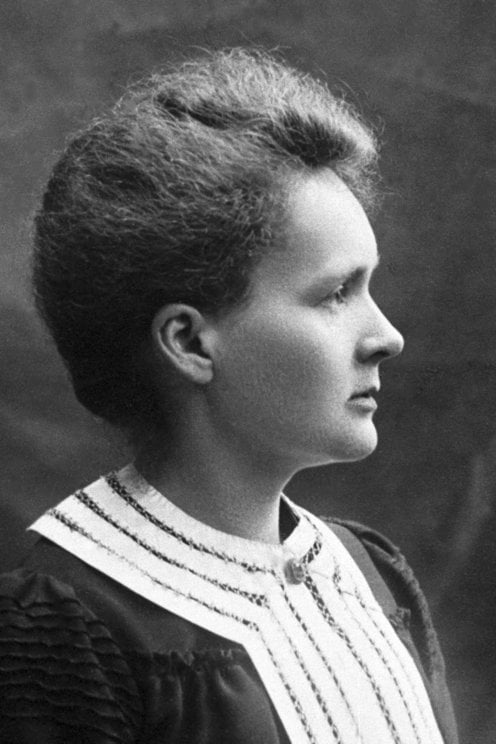
In 1911, Marie Curie was awarded the Nobel Prize in Chemistry for her discovery of radium and polonium, and for her work in developing techniques for isolating radioactive isotopes. She became the first person (and still the only woman) to receive two Nobel Prizes in different fields of science.
Legacy

Marie Curie's work laid the foundation for modern nuclear physics and led to the development of new medical treatments, such as radiation therapy for cancer. Her achievements were all the more remarkable given the discrimination she faced as a woman in science. To this day, she remains an inspiration to women and scientists around the world.
Conclusion
Marie Curie was a pioneering scientist who made groundbreaking discoveries in the field of radioactivity. She was the first woman in history to be awarded a Nobel Prize, and the only person to have received Nobel Prizes in two different fields of science. Her legacy continues to inspire and inform the work of scientists today.